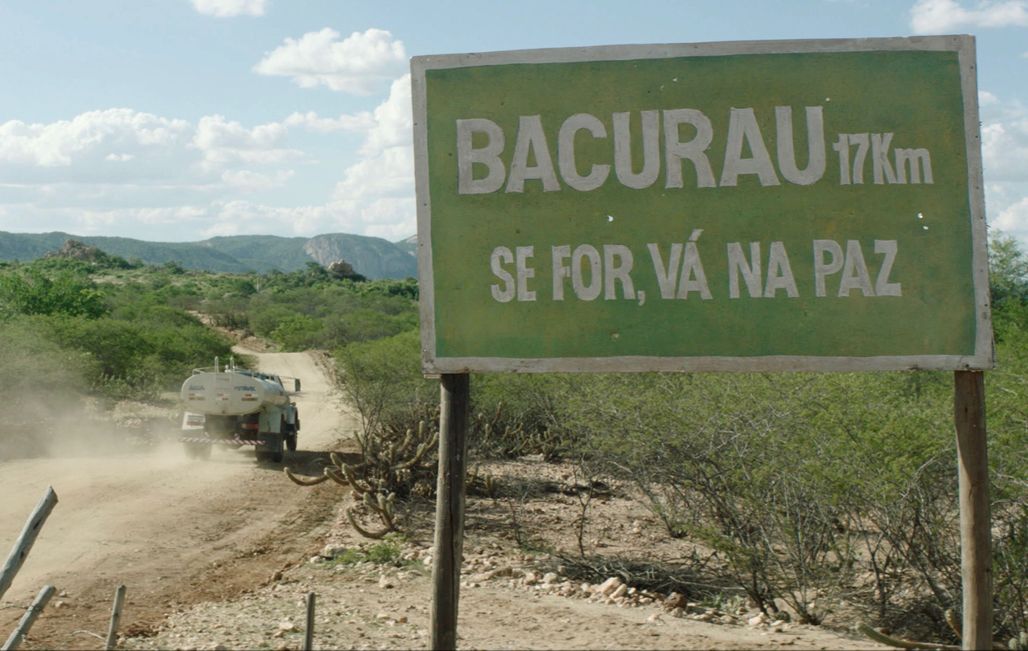
Kleber Mendonça Filho and Juliano Dornelles examine Brazil’s social divisions in Bacurau

Following Aquarius in 2016, which reflected the intergenerational conflict of values in Brazil, the filmmaker Kleber Mendonça Filho is back In Competition with his third feature film, Bacurau, co-directed with Juliano Dornelles. Half science fiction, half western, the film reveals the social contradictions of a country through the daily lives of the residents of an isolated region in the North East.
With Bacurau, Kleber Mendonça Filho leaves behind the town of his birth, Recife, and explores the poor and isolated region of Sertao do Serido, accompanied by his production designer, Juliano Dornelles. The hardship of living off the land there has produced inequalities historically. Set in a near future, where the archaic and the hyper-modern merge, the film tells the story of the residents of Bacurau, who have just lost their matriarch, Carmelita, at the age of 94. In the depths of their bereavement, the residents realise that their village has suddenly disappeared from the map.
Bacurau is a powerful word which evokes the mystery of something which is there, alive in the dark, but which no one can see.
Steeped in Brazil's socio-historic issues, Bacurau was born from the directors' observations and exasperation, leading them to: "surprise people, by showing individuals from that other, poor, isolated world who get their own back on those who have always viewed them as simple, funny and fragile, when they are just as complex and interesting as anyone else," Juliano Dornelles states.
By creating a portrait of this community, isolated from the rest of the country, Kleber Mendonça Filho and Juliano Dornelles offer a reflection on the notion of identity, on our relationship with the other, on borders and on access for everyone to the right to health and security. It is a study which resonates strongly in the current political context in Brazil.


